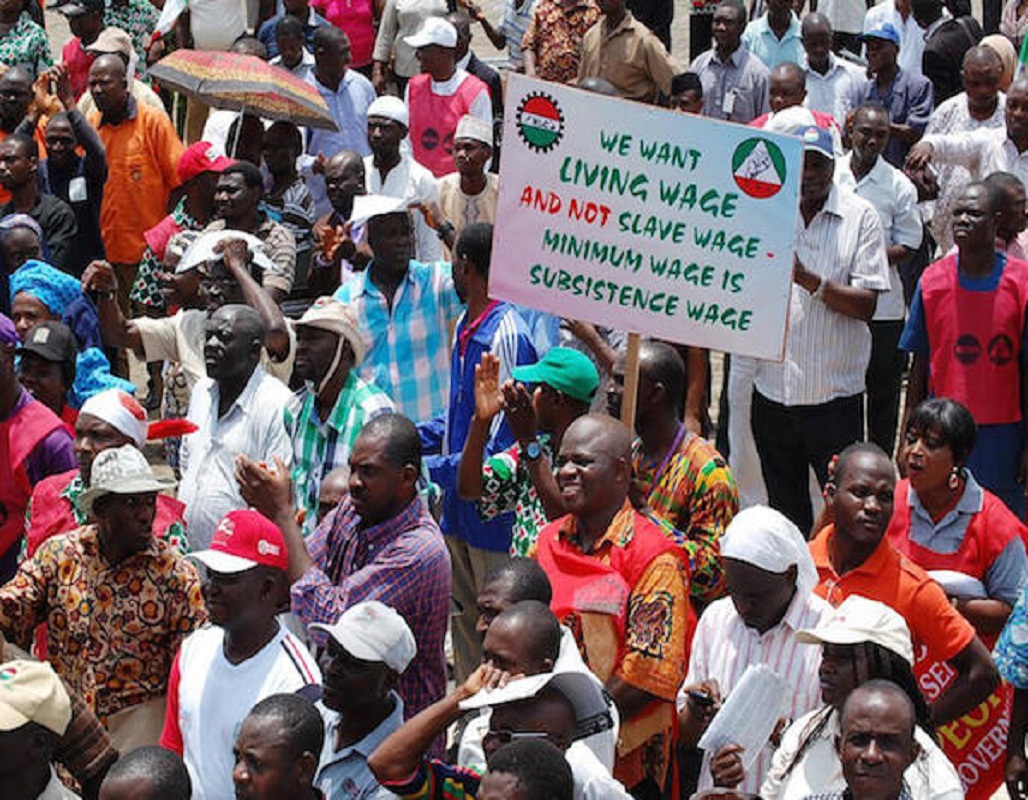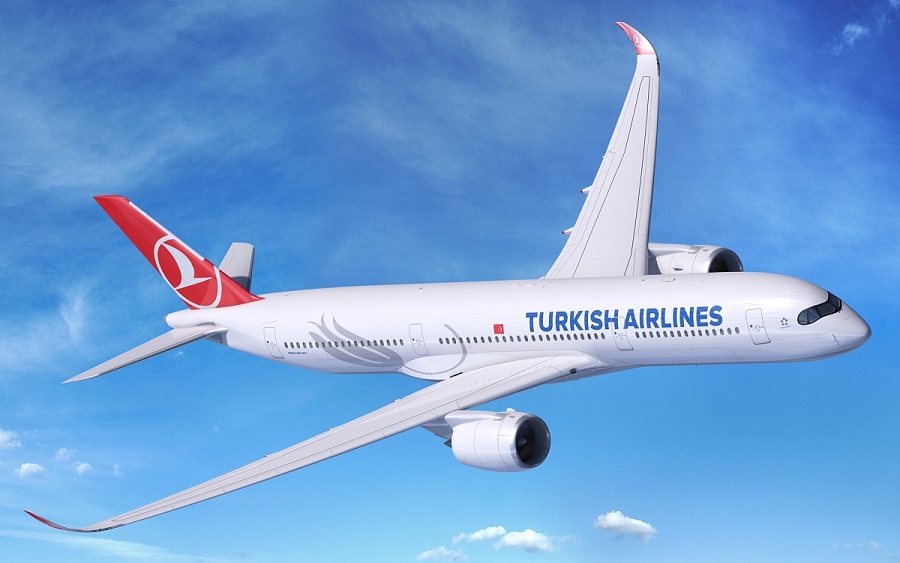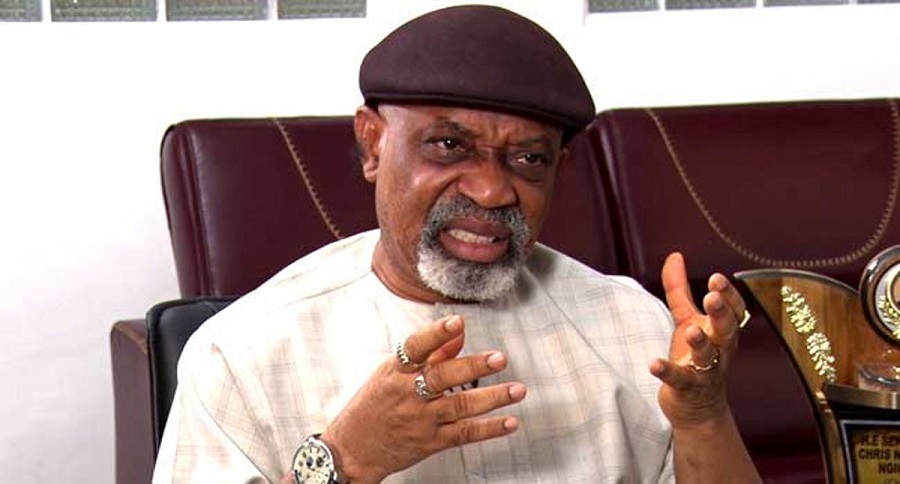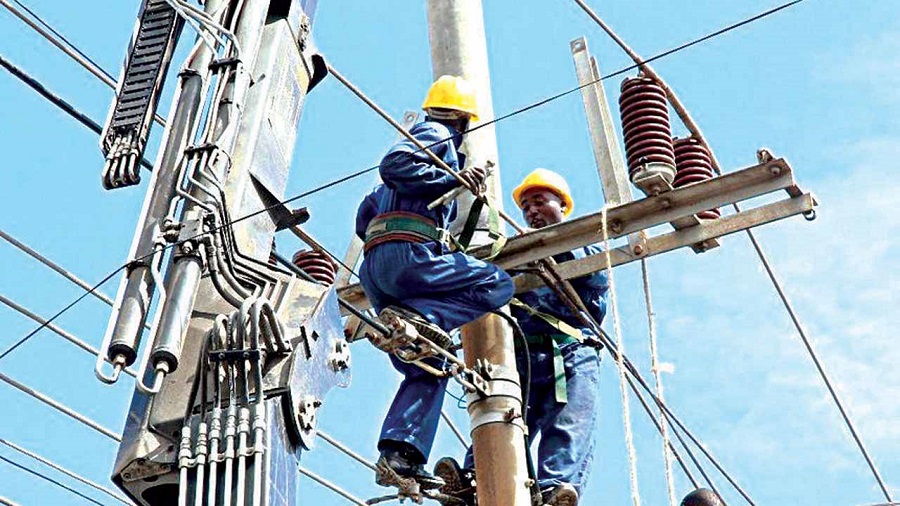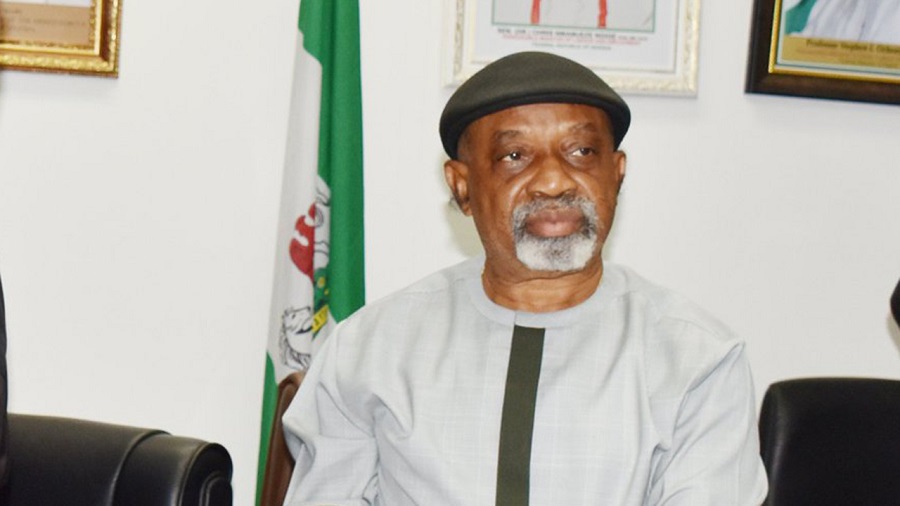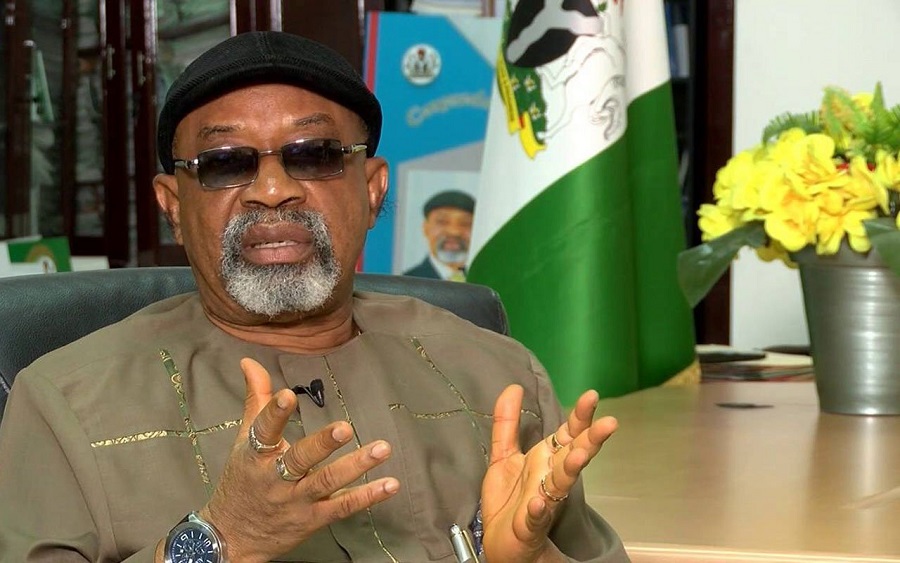Apparently succumbing to persistent agitation by the Nigeria Labour Union, coupled with the prevailing economic realities public workers across the country face, the Buhari-led administration had last year inaugurated a 30-member minimum wage committee led by former minister and Head of Service Ms. Ama Pepple.
The committee was saddled with the task of recommending a fair, decent and living wage for Nigerian workers.
While many Nigerian workers have continued to express their doubts on the sincerity of the present administration to come with a new minimum wage plan others are of the opinion that the proposed increment is a ploy by the government to seek for goodwill from the workers just as the country’s National election draws near.
The Minister of Labour and Employment, Senator Chris Ngige, however, assured that the Federal Government would announce the new minimum wage before the end of the third quarter which is September.
“Memoranda are being received from relevant bodies are persons to enable the determination of a new minimum wage for the nation. By the third quarter of this year, a new minimum wage will be announced for the country.” – Chris Ngige
It would be recalled that Nigeria joined the league of International Labour Organisation (ILO) member countries that set a minimum wage for their workers in 1981.
The last time a minimum wage was set before the current one being reviewed was in 2011. Then, the wage was set at a paltry ₦18,000. It took 10 years to have this benchmark reviewed through a collective bargaining mechanism by the Jonathan-led government and the Labour unions.
There is no gainsaying that with the astronomic rise in the cost of living, Nigerian workers are right to demand a wage increase. But with the current economic realities faced by all 3-tiers of government how realistic is the new minimum wage?
The dwindling revenue from oil means the monthly allocation disbursed to states and Local Governments has plunged. Currently, many states are owing their workers salaries despite series of bailout funds and Paris fund disbursement.
Analysis of official data published by the National Bureau of Statistics (NBS) revealed that in 2016, the 30 states reviewed, minus Lagos State, generated ₦515.61 billion internal revenue which is one-third of the ₦1.479 trillion they spend on workers remuneration annually.
Kano State currently spends ₦110billion to pay its 160,000 workers annually, while Ogun state’s 40,000 workers take ₦92.4billion annually as salaries.
The Nigeria Labour Congress, led by Ayuba Wabba, has consistently promised hailstones and lightning if the government does not approve the new increment to the tune of $200 which is equivalent to ₦72,000 at ₦360 exchange rate.

